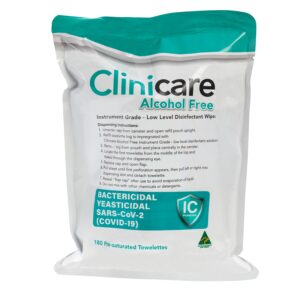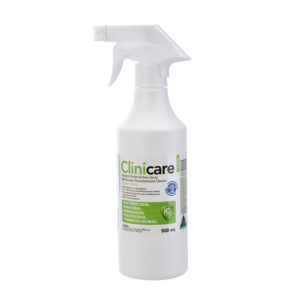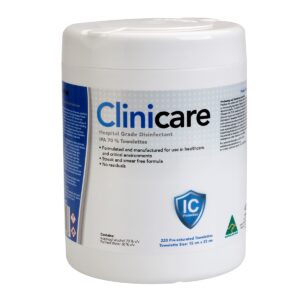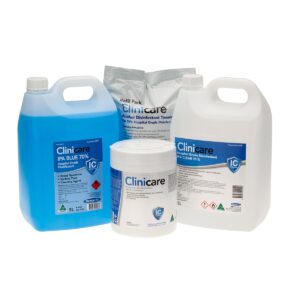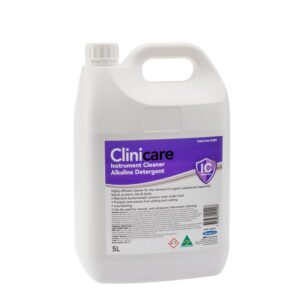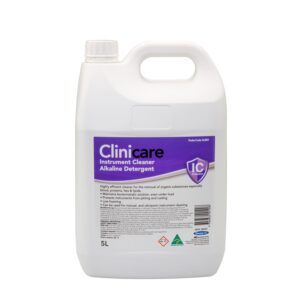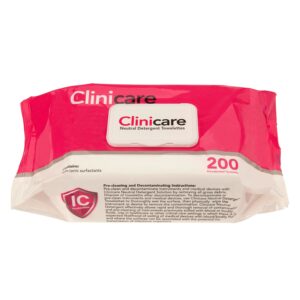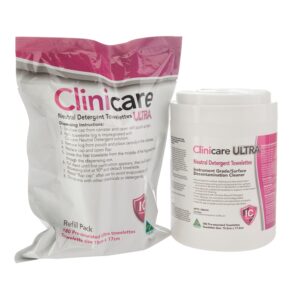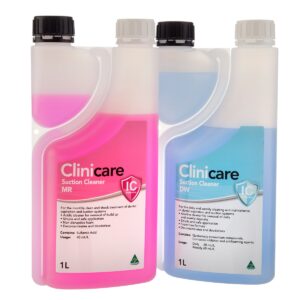In a healthcare setting, the primary goal of infection prevention and control (IPC) is to prevent or minimise the transmission of disease-causing agents like bacteria, viruses, and fungi. This involves preventing the spread of infections between patients, between healthcare practitioners/staff and patients, and vice versa, while also limiting the overall dissemination of infectious agents.
To achieve successful infection prevention and control, several key factors come into play. First and foremost, it is crucial to have a solid understanding of the fundamental principles of IPC. This includes knowledge about modes of transmission, proper hygiene practices, and the correct use of personal protective equipment.
An essential aspect of IPC is the establishment of robust systems. These systems should be well-documented, ensuring clear procedural guidelines, and should be regularly monitored to ensure compliance with IPC protocols.
In addition, staying informed about new and emerging infectious diseases is vital. This includes being aware of novel strains of human influenza viruses, antibiotic-resistant organisms, and other emerging threats. Overall, the implementation of comprehensive IPC measures safeguards the well-being of patients, healthcare practitioners, and staff. It plays a critical role in reducing the transmission of infections and ensuring a safe healthcare environment for all.
Infection Control
In a healthcare setting, the primary goal of infection prevention and control (IPC) is to prevent or minimise the transmission of disease-causing agents like bacteria, viruses, and fungi. This involves preventing the spread of infections between patients, between healthcare practitioners/staff and patients, and vice versa, while also limiting the overall dissemination of infectious agents.
To achieve successful infection prevention and control, several key factors come into play. First and foremost, it is crucial to have a solid understanding of the fundamental principles of IPC. This includes knowledge about modes of transmission, proper hygiene practices, and the correct use of personal protective equipment.
An essential aspect of IPC is the establishment of robust systems. These systems should be well-documented, ensuring clear procedural guidelines, and should be regularly monitored to ensure compliance with IPC protocols.
In addition, staying informed about new and emerging infectious diseases is vital. This includes being aware of novel strains of human influenza viruses, antibiotic-resistant organisms, and other emerging threats. Overall, the implementation of comprehensive IPC measures safeguards the well-being of patients, healthcare practitioners, and staff. It plays a critical role in reducing the transmission of infections and ensuring a safe healthcare environment for all.
-
C-Clear Solution
View Details -
Clinicare Alcohol Free
View Details -
Clinicare Hospital Grade Disinfectant and Decontaminant Cleaner
View Details -
Clinicare Hospital Grade Disinfectant IPA 70%
View Details -
Clinicare Instrument Cleaner
View Details -
Clinicare Neutral Detergent
View Details -
Clinicare Suction Cleaner DW
View Details -
Clinicare Suction Cleaner MR
View Details -
DART Tablets
View Details
Connect With Our Distribution Partners
We have built a strong distribution network throughout Australia and New Zealand. Our distributors are some of the most proactive, reliable, and reputable suppliers to the dental, healthcare, hospital and allied industry. We value our relationship with our distributors and would be proud to forward your enquiry directly to the most appropriate national distributor.
Product Enquiry
We will connect you with the best distributor in your area.





